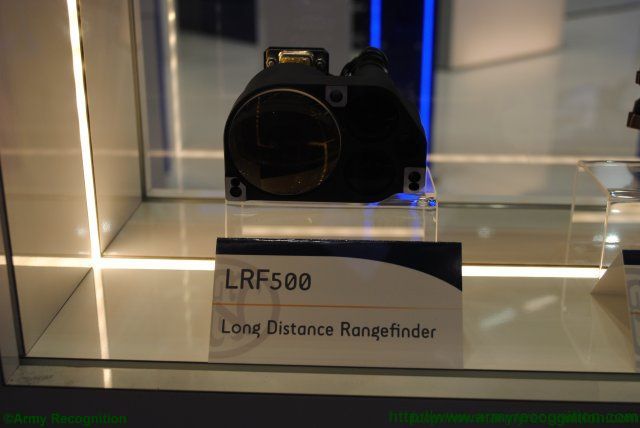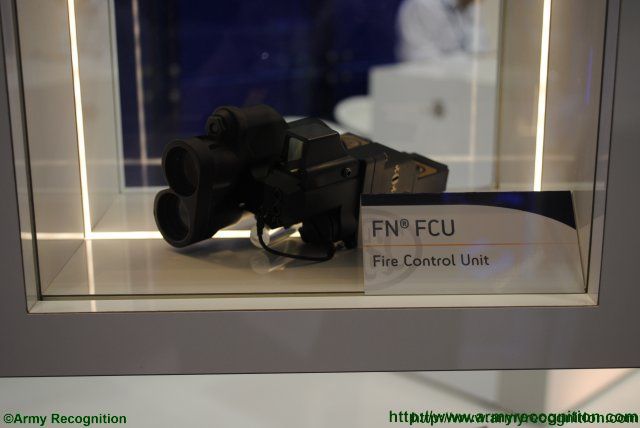Breaking news
Noptel to present its long distance rangefinder family during Eurosatory 2016.
| 2016
 |
|||
|
Eurosatory 2016
Defence & Security International Exhibition Official News online with Editorial and Web TV Paris, France 13 - 17 June 2016 |
|||
|
Noptel at Eurosatory 2016
|
|||
|
|
|||
|
|
|||
|
Noptel to present its long distance rangefinder family during Eurosatory 2016
|
|||
|
The Noptel long distance laser rangefinder family has enlarged with new modules. The small size open modules have generated huge interest among system integrators since the start of the launch. Several system integrators have adopted the new rangefinders for their new projects and products and many negotiations are actively ongoing.
|
|||
|
|
|||
 LRF 500 Long Distance Rangefinder LRF 500 Long Distance Rangefinder |
|||
|
|
|||
|
The interesting part of Noptel laser rangefinder technologies are the middle range and long range laser rangefinders. These small size and light weight modules are provided for system integrators and manufacturers globally.
The rangefinders exploit laser pulse flight time measurement technology, special cumulative measurement method and advanced signal processing techniques. By using this cumulative measurement method Noptel can exploit standard diode lasers and eye safe technology, yet reaching out to several kilometres with good measuring reliability. Furthermore, the technology used allows competitive pricing and size reduction. Noptel started to use the cumulative measurement technology in rangefinders in a project with a Belgian company FN Herstal, with whom Noptel developed a state-of-the-art multi-technology fire control unit (FCU). Today FN Herstal is the 100% shareholder of Noptel. |
|||
|
|
|||
 FN FCU Fire Control Unit at Eurosatory 2016 FN FCU Fire Control Unit at Eurosatory 2016 |
|||
|
|
|||
|
The technology developed for the so-called FN® FCU has later been exploited in the Noptel LRF modules. The family of LRF modules comprises units from small 20 gram unit up to 500 gram high performance unit. Typical measurement range for the smallest units is 1-3 km and for the high performance units 5-10 km.
Typical applications for these modules are systems for thermal imaging, forward observation, surveillance, weapon sights, targeting, fire control and reconnaissance. The modules have been designed to operate as an OEM part of the complete system and controlled by the master unit. The modular structure of the modules allow mechanical restructuring of the unit, when necessary. That is especially important, when the available space in the master unit is limited. |


























